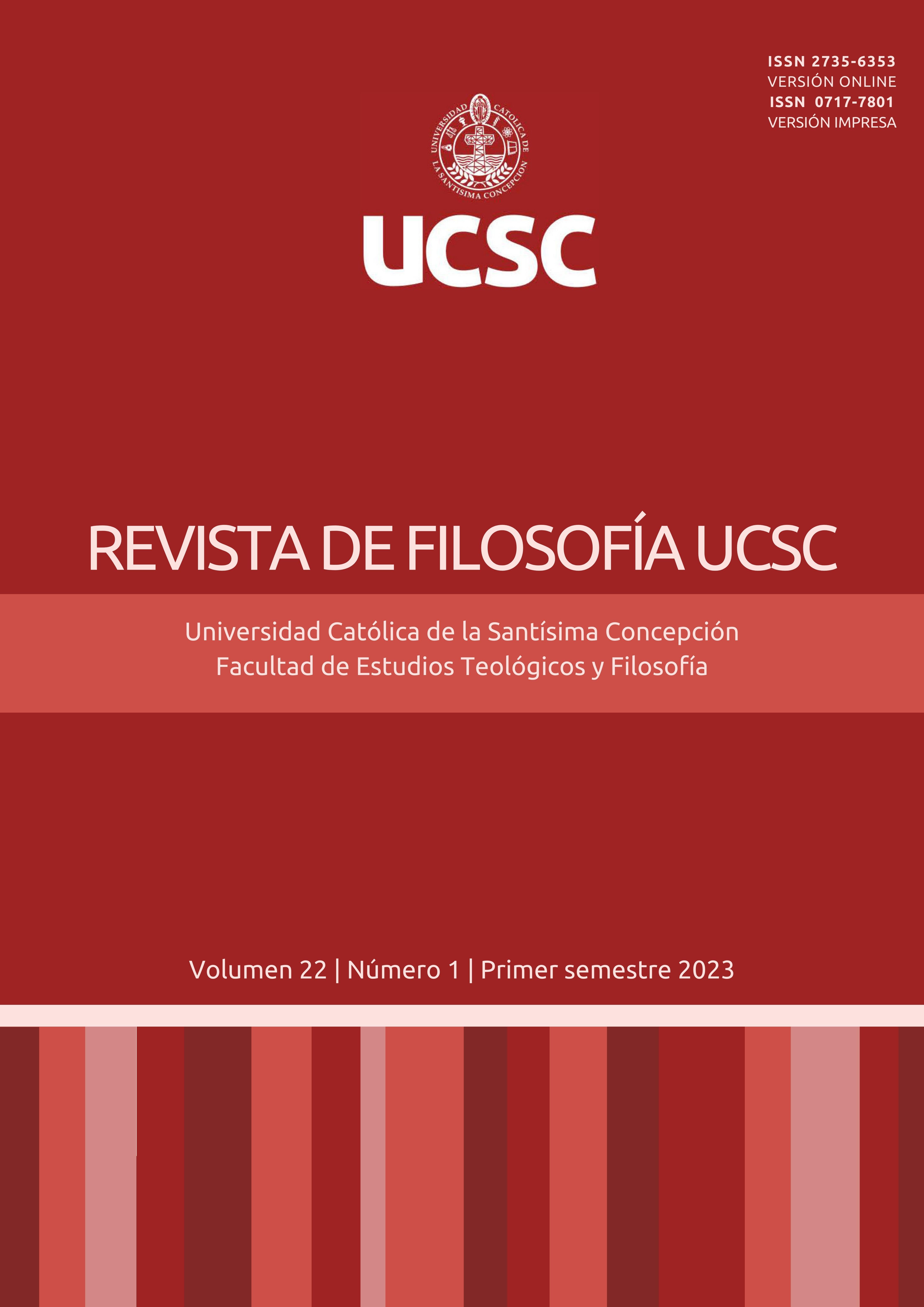On negative liberty and economic subordination of the principle of subordination in the work of Friedrich Von Hayek
Main Article Content
Abstract
This article aims to discuss the consequences that arise from Friedrich von Hayek's particular conception of freedom, with special emphasis on the implications that such a position has for the "principle of subsidiarity." The discussion begins by determining the urgency from which Hayek reflects on his notion of freedom, that is, the "foundational epistemology" that aims to offer an ideal planning of the social sphere beyond the interests of all individuals belonging to society. In the face of such a structure of thought, we will then present the basic elements to understand the foundation of Hayek's idea of freedom. The notion of "negative liberty," which establishes minimal state intervention in social matters, will be contrasted with the proposal by the Social Doctrine of the Church, where the state assumes an essential role in such matters. Finally, the article problematizes Hayek's notion of subsidiarity, which dispenses with an ethical commitment to citizens.
Downloads
Article Details

This work is licensed under a Creative Commons Attribution-NonCommercial 4.0 International License.
The Revista de Filosofía UCSC is an open access journal and does not charge for publication. In addition, it regulates its Copyright and access policy according to the Creative Commons Attribution-NonCommercial 4.0 International Public License (CC BY-NC 4.0), therefore sharing (reproducing and distributing the material in any medium or format) and adaptation (modifying, transforming, and creating from the material) is allowed as long as proper credit is given and the citation is included with the corresponding data. Moreover, it is not allowed to use the material for commercial purposes.
References
Berlin, I. (2005) Dos Conceptos de libertad. Madrid: Alianza Editorial.
Hayek, F. (2008a) Camino de servidumbre. Madrid: Unión Editorial.
Hayek, F. (2006) Derecho, legislación y libertad. Madrid: Unión Editorial.
Hayek, F. (1990) La Fatal Arrogancia. Santiago: Centro de Estudios Públicos.
Hayek, F. (2008b) Los fundamentos de la libertad. Madrid: Unión Editorial.
Hayek, F. (2011) Principios de un orden social liberal. Madrid: Unión Editorial.
Hobsbawm, E (2007) La era de las revoluciones 1789-1848. Buenos Aires: Paidós.
Lefort, C (1990) La invención democrática. Buenos Aires: Nueva Visión Editorial.
Leon XIII (1931a) “Carta Encíclica Rerum Novarum”, en Las enseñanzas sociales de la iglesia 1891-1931. Santiago: Imprenta de Chile.
Novak, M. (1985). “Pensamiento Católico e Instituciones Liberales”. Santiago: Centro de Estudios Públicos N° 20.
Pío XI. (1931b). “Carta Encíclica Cuadragesimo Anno”, en Las enseñanzas sociales de la iglesia 1891-1931. Santiago: Imprenta de Chile.
Zanotti, G. (2011). Conocimiento versus información. Madrid: Unión Editorial.
Zanotti, G (2009). Introducción filosófica al pensamiento de F.A. Hayek. Madrid: Unión Editorial.




